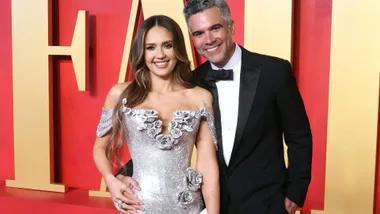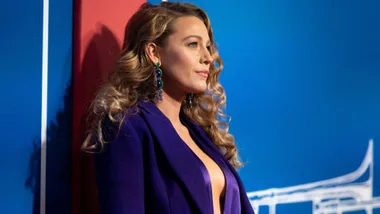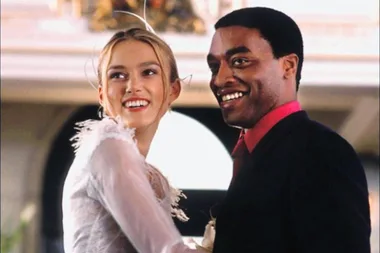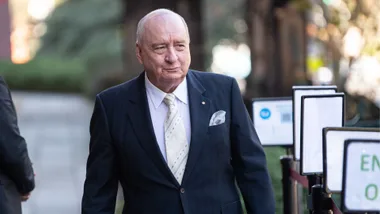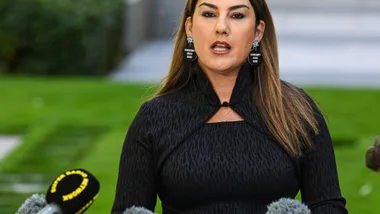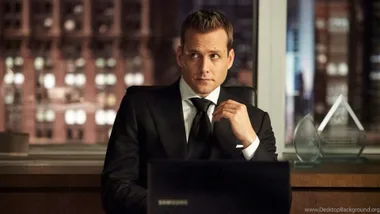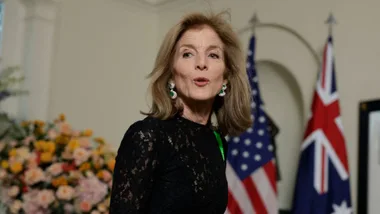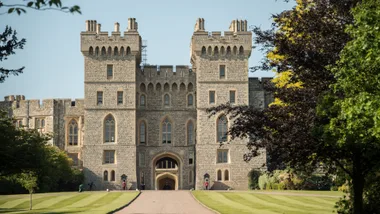Aboriginal and Torres Strait Islander readers are advised that the following article contains names and images of people who have died.
While the name George Floyd will forever be remembered as a catalyst for change in 2020, long before his death at the hands of police in the U.S., a similar story had already unfolded more than two decades prior in Australia—one that continues to spark outrage.
In 1993, 18-year-old Daniel Yock was arrested by two police officers for public drinking. According to the ABC, he was handcuffed and placed in the back of a police van after a confrontation in the inner Brisbane suburb of West End, where he was laid face down, before losing consciousness.
The death of Yock, also known as Boonie to friends, remains one of Australia’s most controversial deaths in custody.
A new podcast produced by the ABC, Thin Black Line, and hosted by Walkley Award-winning investigative journalist Allan Clarke, is doing a deep dive into the circumstances behind Yock’s death, finally uncovering what really happened.
York’s best friend, Joseph Blair, was also arrested that day and placed in the back of the van. He remains the only eyewitness, and for the first time is speaking about the unfolding events that have “haunted” him for 27 years.
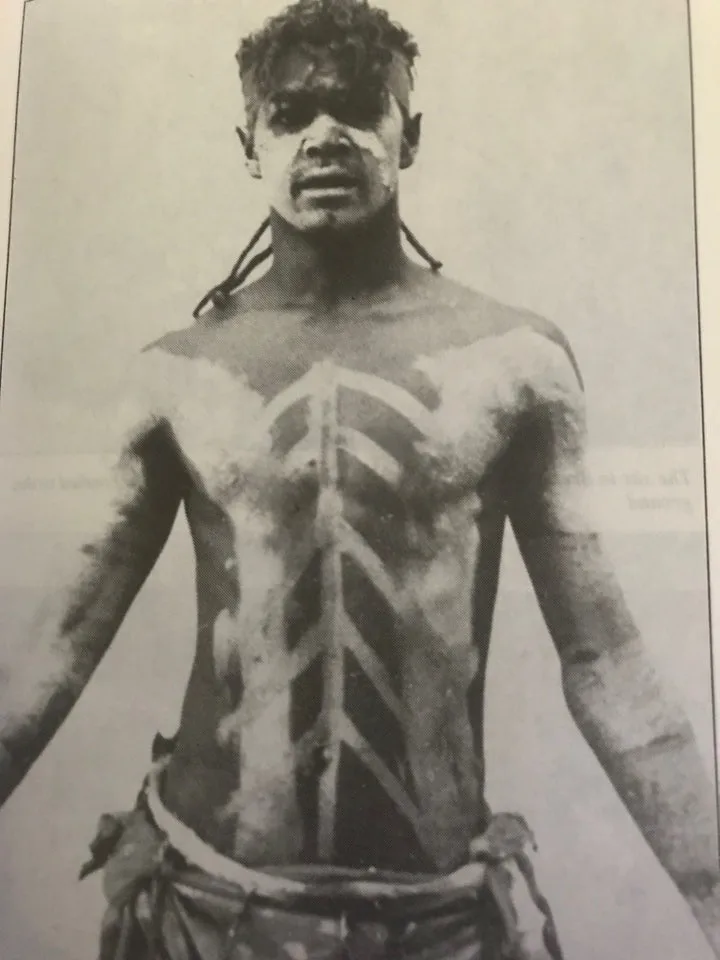
The six-part series examines the Criminal Justice Commission (CJC) inquiry into Yock’s arrest and its findings, including why the group of young First Nations men were targeted by police in the first place.
“I can see why Daniel’s family feels like it’s unfinished business, it was very hard to get documents from the police and no one wanted to talk to us,” Clarke told Junkee. “The big question is: ‘would he be alive if the police didn’t target him and his friends?’ They were doing nothing illegal until they were followed.”
The story was particularly important to tell for Clarke, a Muruwari man from a nation on the border of NSW and Queensland—who, like many this year, found “new energy around discussions about social justice in Australia”, as he told PEDESTRIAN.TV.
“George Floyd’s death really galvanised a lot of people who would never normally take to the streets, or never normally look into the idea that police might be prejudiced against Aboriginal people,” Clarke told the publication.
“Naturally, people want to start looking at Australia’s history and to do that, as the Black community has been saying for some time now, we need to invest in truth-telling—the good, the bad, and the ugly—about our history, because you can’t really move forward, without looking back.”
Thin Black Line is available now.

